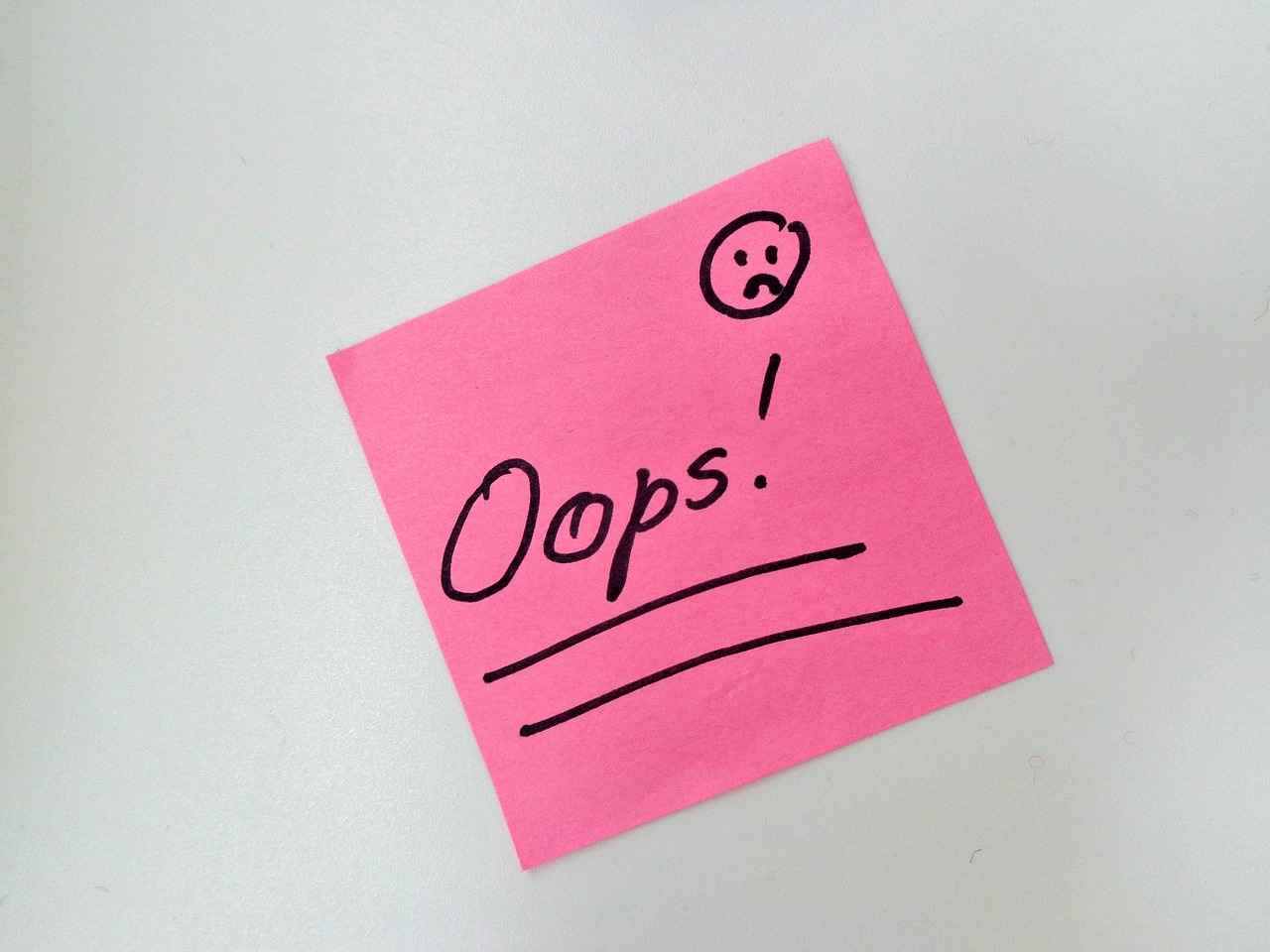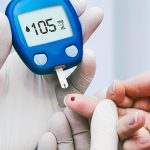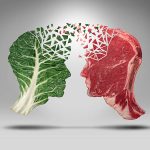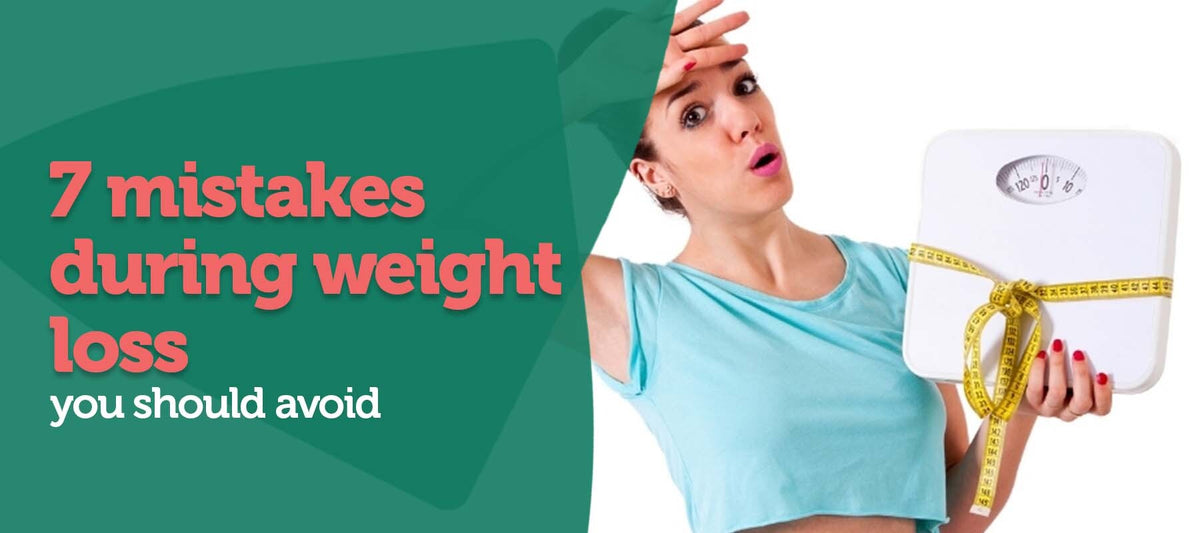
Weight gain is an art that follows a unique but straightforward process and could yield good results in good times if understood well enough. In this article, I will be explaining some common weight gain mistakes people make and how to avoid them.
Every organ in the body plays a part in weight so we say that the process of weight gain is a biological process. So, how weight gain must be done is as important as how weight gain must not be done as mistakes can directly affect our health and well-being. It is also important to note that there are no magic foods or pills to gain weight overnight.
Some effects of improper weight gain processes lead to conditions such as obesity, high cholesterol, high blood pressure, insulin resistance, etc which are critical to our quality of life and sometimes longevity.
Let’s just go right into it.
Mistake 1: Not Eating Enough Calories
As far as feeding as a condition for weight gain is concerned, calories top the list of requirements to gain weight. Calories are arguably the most important factor for weight gain.
What are Calories?
Technically, a calorie is a unit for measuring energy. Calories refer to the energy got from the foods we eat. We can also say that calories refer to the energy stored in the foods we eat; either way we are correct.

If there is just one rule for weight gain through dieting it would be: consume more calories than your body burns at any given time. This is the basis for weight gain through food.
When we eat, our body absorbs the energy stored in the food and this energy is what we use to run our daily activities. If we work so much that we use up all the energy from the food we eat, the chances of weight gain will be zero. It doesn’t get simpler than this.
The energy left after we have worked and used up a couple of hours is stored in our muscles, fat cells, and around organs in our body such as the liver. This excess energy is stored in the form of glycogen or fat and is responsible for weight gain.
How Many Excess Calories Are Ideal to Gain Weight?
Research has shown that for a slow weight gain program 300 – 500 excess calories is ideal while for a fast weight gain program 500 – 700 excess calories is ideal. Although the body can store so much more, the increase in excess calories above the safe limit exposes the human body to unsafe conditions.
How Will I Know If I Am Not Eating Enough Calories?
About 95% of foods available for consumption contain calories. It’s extremely difficult to eat without consuming calories. However, some foods contain really low amounts of calories, and making these foods your staple can lead to not eating enough calories.
Calorie deficiency comes with symptoms such as:
- Loss of weight
- Hair loss
- Fatigue
- Sleep disorder
- Constipation, etc.
How Is Calorie Deficiency Related to These Symptoms?
Weight loss comes as a result of the body not having any stored calories or fat. Hair loss is a result of the body lacking essential nutrients such as zinc and iron which are mainly found in foods with good amounts of calories. Fatigue is a result of the body having little energy to work due to low-calorie intake.
Sleep disorder comes as a result of the body entering starvation mode and not having enough energy to maintain deep sleep mode. Constipation is a result of the body having only little waste product which leads to slower bowel movement and eventually constipation.
To increase calorie intake, high-calorie foods should be consumed such as carbohydrates, protein, and fats. See more details on the weight gain food list and suggestions here.
Mistake 2: Skipping Meals
Skipping meals work against the process of weight gain which thrives on the basis that the body has more calories than it can use up. For every meal skipped, the body uses up the stored calories to work without replacement and this ensures that weight gain does not occur.
The body primarily uses glucose to work, which is gotten directly from carbohydrates. When the body is short of glucose through the absence of carbohydrates, it starts to use the fats stored in our body for energy. When the fat storage gets depleted you cannot add weight so eating regularly to supply the body with enough calories to work is a strategy to gain weight.
Consistent eating and consistent calorie intake ensure that weight gain undertakes a steady process. The body gains mastery of the increase in calorie intake and adapts steadily to the new process. An inconsistent meal schedule puts off the adaptation mechanism of your body and slows down the weight gain results.
How to Avoid Skipping Meals
To prevent meal skipping it is advised that you keep a timetable as a reminder of your new eating schedule. If you are just starting your weight gain journey a timetable will really help.
It is also advised that healthy nuts be carried along with you as a snack during the day to ensure that eating schedules are not missed because of work. Nuts like almonds and cashew contain a good amount of calories and can go a long way to help maintain eating schedules at work.
Mistake 3: Relying on Junk Food
Junk foods are bad for health in general. In terms of weight gain, they help increase weight. This is a fact but the weight gained from junk foods comes at a cost sometimes too expensive for the body to bear. This is due to the tendency of junk foods to affect weight gain prominently around the belly. Junk foods also deposit lots of visceral fat around the liver and other organs in the body.

Junk foods are high in calories, mainly carbohydrates, fat, and salts hence the weight gain effect. They also have a common characteristic which is a high amount of bad cholesterol. This is the reason for most illnesses associated with junk foods.
Some of the health effects are:
- Heart diseases
- High blood sugar spikes
- Obesity
- Constipation
- Poor sleep, etc
Junk foods are high in salt and excess salt is bad for those suffering from high blood pressure or those at risk of getting high blood pressure. See more information on the effects of junk foods on your health.
Mistake 4: Over-Exercising
The core principle of weight gain is to store enough calories to achieve a desired weight. Over-exercising works against this principle as you eventually reduce your calorie storage and begin to burn out way more than your body can take in at a given time.
Exercise is an integral part of the journey to gain weight. It ensures you stay fit and healthy while putting on those extra kilos. Exercise helps burn off the visceral fats that form around the internal organs of the body due to excess fat accumulation.
Over-exercising is a trap that can easily be fallen into through cardio. Cardio is any exercise that increases your heart rate and keeps it up for a long period. These exercises cause the body to burn off its fuel (calories) in order to sustain this elevated heart rate.

How to Exercise the Right Way
The key to maintaining a good exercise routine for weight gain is to balance cardio with strength training. Strength training ensures that muscle mass is built which helps accommodate the fat cells and keep you in shape.
For a good weight gain exercise routine, the incorporation of cardio and strength training exercises must be present. A simple weight gain home exercise workout can include activities such as:
Brisk walking (cardio)
Push-ups (strength)
Skipping (cardio)
Squats (strength)
Jogging at a spot (cardio)
Planks (strength), etc.
Mistake 5: Not Sleeping Enough

Good sleep helps ensure a balanced weight gain process. Sleep deprivation tampers with the natural clock of the body also known as the circadian clock or circadian rhythm.
Research has shown that when the body does not get enough sleep, it disrupts the 24-hour time alignment of the cells within the body. This 24-hour system tells the cells when activity is high or low and how to respond accordingly.
People who do not get enough sleep have a higher tendency to suffer obesity than people who do. Enough sleep (which translates to 7 to 8 hrs of sleep) is a prerequisite for building a healthy weight as the metabolism of your body remains stable. People who lack sleep often have their normal healthy body metabolism thrown off balance. They might also experience high insulin levels amongst other problems.
Recommendation
It is recommended that the body maintains a regular bedtime and waking time to improve quality of life essentially. It also helps ensure that a weight gain program doesn’t get interrupted by fluctuating body metabolisms and cause harm to the body.
Frequently Asked Questions
- Is it possible to gain weight without adding unhealthy fats to my diet?
Answer: Yes, it is possible to gain weight without unhealthy fats. Unhealthy fats make you add weight to the detriment of your health and well-being. There are healthy fats suggestions we have curated for you to gain weight fast. See them here.
- Is it possible to gain weight if I have a fast metabolism?
Answer: Yes, weight gain is still very possible with a fast metabolism. The best way to gain weight with a fast metabolism is to eat the right food more frequently. Eating during your most inactive hours is also a good way to gain weight.
- How does sleep affect weight gain?
Answer: Lack of sufficient sleep disrupts the body’s metabolism and alters the secretion of hormones.
Conclusion
While trying to add on weight it is important to take note of these 5 most common mistakes people make. The effects of these mistakes can be detrimental to the health and quality of life of an individual.
If you are looking to gain weight the right way, submit to the process, pay attention to your body, and do not look for miracles overnight.


























